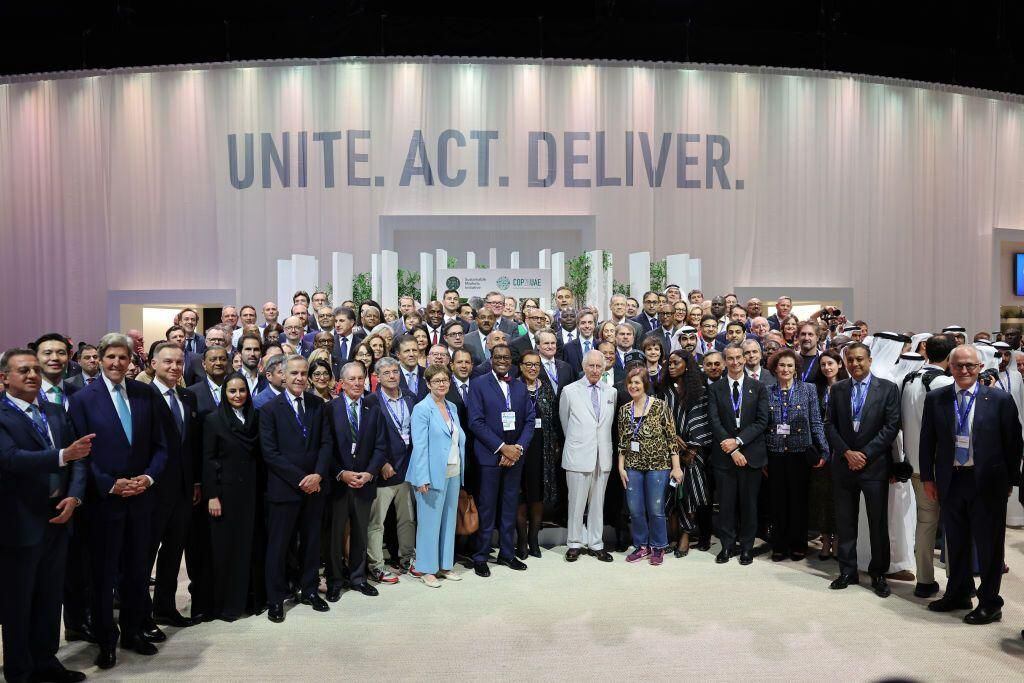
Governments, development banks and companies on Friday announced initiatives to mobilize billions in climate cash at COP28, a battle in which the United Arab Emirates has made increased financing a central element of its leadership in the talks from the ONU.
So far, the world has only just begun to provide the huge amounts of money needed to help pay for the transition away from fossil fuels and address the impact of climate change.
According to the nonprofit Climate Policy Initiative, developing countries will need about $2.4 trillion annually in climate finance by 2030. To try to end years of funding stagnation, the U.S. , host of the COP28 summit, said it would invest $30 billion in a new climate investment company.
Called ALTÉRRA, its goal will be to mobilize $250 billion in investments by the end of the decade, in what COP28 president Sultan Ahmed Al-Jaber described as a “decisive moment” for financing the fight against climate change.
Jaber called it “the largest private investment vehicle in the world for action against climate change” and indicated that it includes US$5 billion that will be allocated to the poorest countries.
Role of the World Bank
The World Bank has pledged to increase the amount it spends annually on climate-related projects to 45% of its funding between 2024 and 2025, up from 35% currently, as part of a review of its policy to better respond to climate change. .
UN Secretary-General António Guterres also endorsed the broader effort to reform the global system of multilateral development banks to “leverage much more private financing at reasonable costs” .
Average annual climate finance reached almost $1.3 trillion in 2021-22, but only about $30 billion – just 2% – went to developing countries, according to a November report from the Climate Policy Initiative.
Another report published on Friday by the Independent High-Level Expert Group on Climate Finance also said the investment was too little and that much of it “is still misdirected”.
Emerging markets and developing countriesThey are falling behind on clean energy“, the report indicated.
The transition of maritime transport
The decarbonization of shipping and its financing also came under the spotlight in Friday’s talks.
Some of the world’s largest container shipping companies have pledged to decarbonise shipping, after the global agreement reached in July was criticized for its lack of substance.
Countries, through the UN’s International Maritime Organization (IMO), pledged to reduce shipping emissions to zero by 2050, but failed to reach consensus on issues such as imposing a tax on carbon emissions. .
In a statement on Friday, shipping companies CMA CGM, Hapag Lloyd, Maersk and MSC, backed by France, Denmark and South Korea, advocated for a global marine fuel emissions intensity standard.
They also called for a pricing mechanism to reduce the cost gap between fossil fuels and alternative fuels for shipping.
Maritime transport accounts for around 90% of global trade and almost 3% of global carbon dioxide emissions.
Source: Gestion
Ricardo is a renowned author and journalist, known for his exceptional writing on top-news stories. He currently works as a writer at the 247 News Agency, where he is known for his ability to deliver breaking news and insightful analysis on the most pressing issues of the day.












